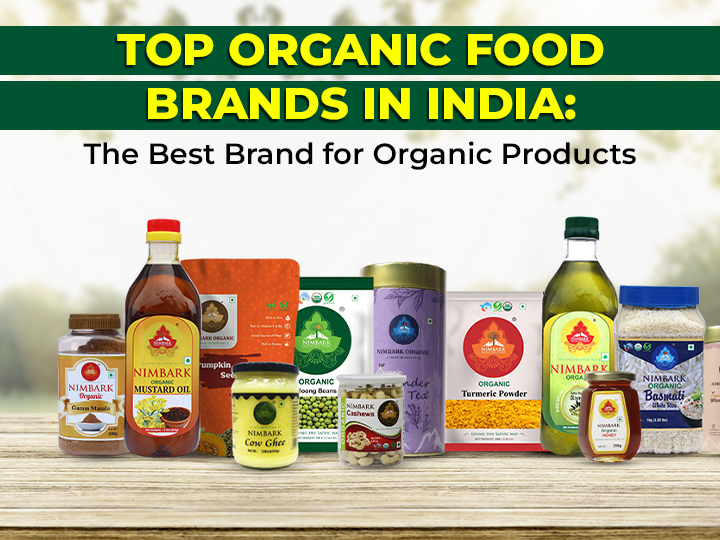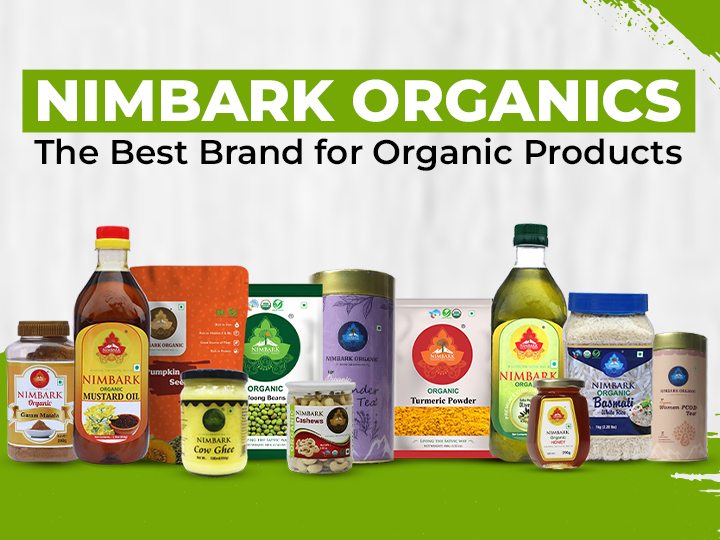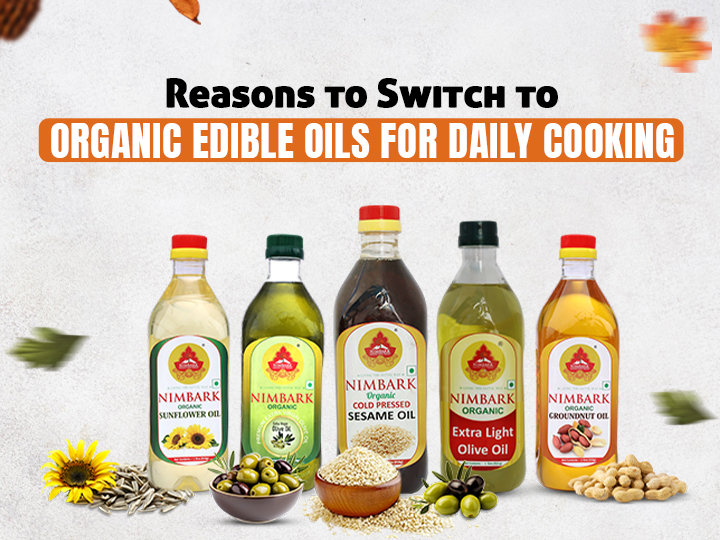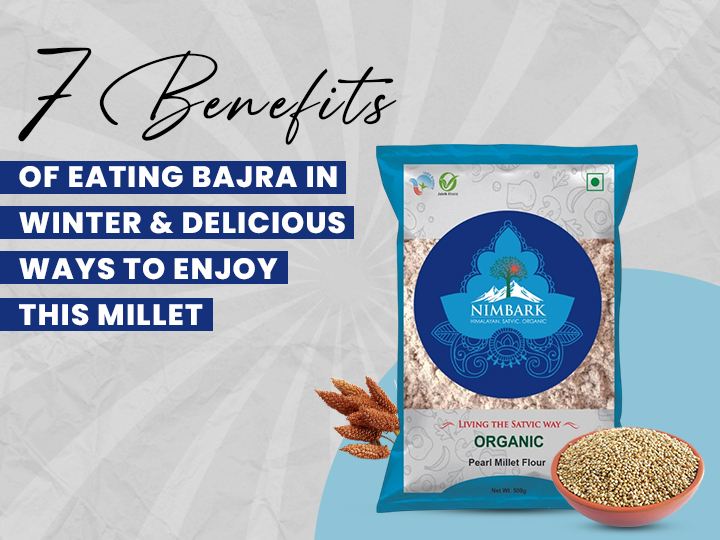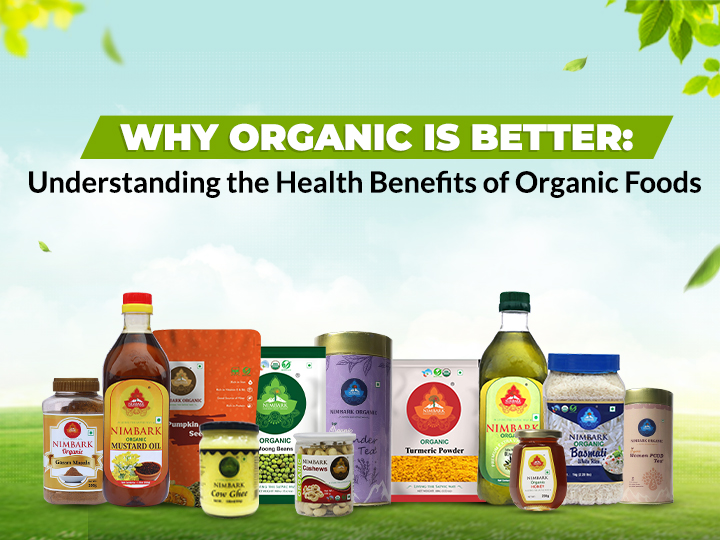Top 10 Benefits of Eating Organic Foods: A Comprehensive Guide for Health-Conscious Consumers

In a world where convenience often trumps nutritional value, the purity of organic foods stands as a testament to a healthier and more conscientious way of eating. As health-conscious consumers increasingly prioritize the quality of their diets, the benefits of embracing organic foods become increasingly evident. In this comprehensive guide, we delve into the top 10 advantages of incorporating organic foods into your daily meals, highlighting the stark difference between these nutrient-rich options and their processed counterparts.
1. Purity and Minimal Chemical Exposure:
Organic foods are cultivated without the use of synthetic pesticides, herbicides, and fertilizers, ensuring that your meals are free from harmful chemicals. Unlike conventionally grown crops, which may contain residues of these substances, organic options offer a clean and pure eating experience.
Example: Organic Breakfast Cereals
Start your day with a bowl of organic breakfast cereal, knowing that each bite is free from artificial additives and pesticides, providing you with a wholesome and nourishing meal.
2. Enhanced Nutritional Content:
Organic foods boast higher levels of essential vitamins, minerals, and antioxidants compared to their conventionally grown counterparts. The nutrient-rich soil and natural cultivation methods contribute to the superior nutritional profile of organic produce, offering you a more healthful option.
Example: Organic Dry Fruits and Nuts
Snack on organic dry fruits and nuts for a nutrient-packed boost, knowing that each bite provides you with a wealth of vitamins, minerals, and heart-healthy fats.
3. Improved Taste and Flavor:
Organic foods often offer richer and more authentic flavors compared to processed options. With no artificial additives or preservatives, the true taste of organic ingredients shines through, providing you with a delicious and satisfying eating experience.
Example: Organic Herbal Juices and Powders
Savor the natural flavors of organic herbal juices and powders, which offer a refreshing and flavorful alternative to sugary beverages, while providing you with a dose of natural goodness.
4. GMO-Free Options:
Organic foods are inherently non-genetically modified, providing you with peace of mind regarding the origins of your food. By choosing organic, you avoid the potential risks associated with consuming genetically modified organisms (GMOs), ensuring that your meals are free from genetic manipulation.
Example: Sarveshwar Rice
Enjoy a serving of organic Sarveshwar rice, knowing that each grain is free from genetic modification, providing you with a pure and wholesome staple for your meals.
5. Reduced Antibiotic and Hormone Exposure:
Organic livestock farming prohibits the use of antibiotics and growth hormones commonly found in conventional meat and dairy production. By opting for organic meat and dairy products, you minimize your exposure to these potentially harmful substances, promoting overall health and well-being.
Example: Organic Spices
Enhance the flavor of your dishes with organic spices, which are free from synthetic additives and pesticides, allowing you to season your meals with pure and natural ingredients.
6. Environmental Conservation:
Organic farming practices prioritize sustainability and environmental conservation, promoting soil health, biodiversity, and water conservation. By choosing organic options, you support eco-friendly agricultural practices that benefit the planet and future generations.
Example: Organic Tea and Coffee
Indulge in the rich flavors of organic tea and coffee, knowing that each cup is produced using environmentally friendly methods that protect natural resources and promote biodiversity.
7. Lower Risk of Foodborne Illness:
Organic foods are produced and handled with strict standards of cleanliness and safety, reducing the risk of contamination and foodborne illnesses. By choosing organic, you can enjoy peace of mind knowing that your meals are prepared with care and attention to hygiene.
Example: Organic Edible Oils
Cook your favorite dishes with organic edible oils, which are produced using clean and sanitary methods, ensuring that your meals are free from harmful contaminants and additives.
8. Support for Local Farmers:
Choosing organic foods often means supporting local farmers who adhere to sustainable and environmentally friendly practices. By purchasing organic produce from local sources, you contribute to the growth of a resilient and community-focused food system.
Example: Organic Sweeteners
Sweeten your recipes with organic sweeteners, such as honey or maple syrup, sourced from local beekeepers or producers who prioritize ethical and sustainable practices.
9. Long-Term Health Benefits:
The consumption of organic foods has been linked to numerous health benefits, including a lower risk of chronic diseases, improved immune function, and overall well-being. By incorporating organic options into your diet, you invest in your long-term health and vitality.
Example: Organic Flour
Bake nutritious and delicious treats using organic flours, which provide you with a wholesome alternative to refined flour, ensuring that your baked goods are both tasty and healthful.
10. Diverse Range of Options:
Organic foods encompass a diverse range of products, including fruits, vegetables, grains, dairy, meat, and pantry staples. With such a variety of options available, you can easily incorporate organic choices into every meal, ensuring a well-rounded and nutritious diet.
Example: Organic Pulses
Prepare hearty and nutritious meals using organic pulses, such as lentils, beans, and chickpeas, which offer a rich source of protein, fiber, and essential nutrients.
The journey toward embracing organic foods is not merely a dietary choice but a holistic commitment to personal well-being, environmental sustainability, and ethical consumption. As we explored the top 10 benefits of choosing organic options, the focus on purity, enhanced nutritional content, and the avoidance of harmful chemicals became evident. It is heartening to note that Nimbark Foods, a recognized Organic Food Store, shares this commitment. Sourcing each product from farmers practicing organic farming in the Himalayan foothills, they go above and beyond to deliver a range of wholesome and clean edible items through their online platform. By organizing training programs for farmers across India, Nimbark Foods actively contributes to the growth of organic cultivation. With around 7000 trained farmers from 170 villages practicing organic farming of wheat, rice, and superfoods, the company exemplifies a dedication to fostering a sustainable and health-conscious food ecosystem. As we strive for a healthier and more sustainable lifestyle, the partnership with conscientious entities like Nimbark Foods becomes pivotal in realizing the benefits of organic choices.


